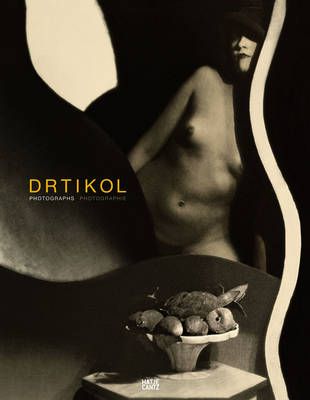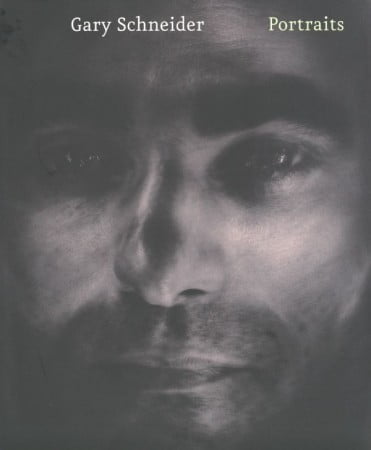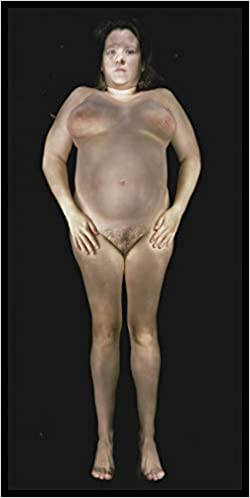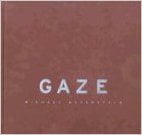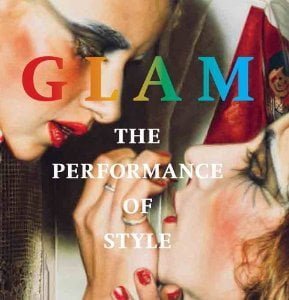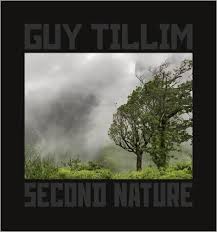Showing 65–80 of 180 results
-

R460In this book, Terry Kurgan begins with a family snapshot made by her Polish grandfather in 1939 on the eve of the war. Presenting this evocative image as a repository of multiple histories public, private, domestic, familial, and generational she sets off on a series of meditations on photography that give us startling insights into how photographs work: what they conceal, how they mislead, what provocations they contain. Each essay takes up the thread of the story of her family’s epic journey across Europe as they flee Nazi occupation, until they reach Cape Town. Kurgans essays are part memoir, part travelogue, part analysis, and they demonstrate her sophisticated understanding of a medium that has long engaged her as an artist.
-

R660The photographic industry – its exhibitions, galleries, publications and auctions – employs thousands of women, but champions mostly men. To begin to redress the balance, here is a timely presentation of the work of over 30 female photographers working today. This book is predominantly a celebration of some of the most inquisitive, intelligent and daring photography being created now. The stories the photographers tell are the most pressing social, political and personal issues seen through the female lens.
-

R300A ?op house, a pumping station, a maid’s room, a homeless center, a former brothel, a Richard Meier building, a circus trailer, a sail boat, a skyscraper, buildings named Esther and Loraine just a few of the places New Yorkers call home.
-

R200This book is as much about the author’s concerns that a generation who have only known freedom will forget or never even understand the great price it took top gain our freedom, as it is about the men and women, the often forgotten heroes and heroines who showed their ultimate commitment to their ideals.
-

R480Czech photographer Frantisek Drtikol (1883-1961) reinvented the genre of nude photography for the early twentieth century. Drtikol opened his Prague studio in 1907, and his nudes from this early period convey the dreamy eroticism of Art Nouveau and the foreboding accents of Prague Symbolism that he was to return to throughout his somewhat brief career (Drtikol abandoned photography for painting in 1935, and it was not until curator Anna Farova’s now legendary 1972 Prague exhibition that this work was rediscovered by a broader public).
-

R150Gabriel Orozco, born in Mexico, in 1962, is one of the most influential artists of his generation. Dividing his time between Mexico City, Paris and New York, his constant travelling has been as much a part of his artistic practice as a lifestyle. His works, often playful and characterised by an ironic humour, range from…
-

R100To accompany Gary Schneider’s exhibition, Skin, at David Krut Projects in 2011, a catalogue was produced in which Kate McCrickard addresses Schneider’s methods and techniques. It is a valuable resource towards understanding the photographer’s work.
-

R150Deborah Martin Kao discusses Schneider’s re-presentation of nineteenth-century studio portraits, his handprint photograms, and his fragmented face portraits—all of which reveal as much about the language of photography as they do about the subjects being depicted. She shows how Schneider portrays the collaboration between artist and subject, seen in his use of a light pen to sculpt or trace his subjects over long exposures, and in his prints that display traces of movement in time. Kao also discusses Schneider’s work with scientists to create negatives from which he makes strikingly beautiful images of blood, DNA, and strands of hair, and how these represent a fascinating evolution in traditional thinking about the nature of photographic portraiture.
-

R850In this previously unpublished body of work, Gary Schneider presents a haunting series of nudes and faces that emerge and seem to float above a receding black ground. Each image is rendered through a long exposure and by exploring the surfaces of the skin with a small handheld light. Due to the prolonged time required and the inevitable movements and consequent distortions that occur in the process, the results both reveal and obscure the intimate physical details and personality of the individual who poses.
-

R300French painter, sculptor and printmaker Paul Gauguin was born in Paris in 1848 and died in French Polynesia in 1903. The vivid, unnaturalistic colors and bold outlines of his paintings and the strong, semi-abstract quality of his woodcuts had a profound effect on the development of twentieth-century art. But while modern art largely shunned narrative, for Gauguin it remained central.
-

R1280 Bell-Roberts Publishing, South Africa, 2003. Hardcover. Book Condition: Very Good. Dust Jacket Condition: No Jacket as Issued. American First. Verso of title page states `First Edition, February 2003, 3000 hard cover copies`; some edge wear and some marking to pink suede covers; otherwise a solid, clean copy in collectable condition; gaze is a homonym for…
-

R360The book is a ground breaking exploration of the infinite possibilities that define who we are and celebrates the art and science of fine printing. Printed on a rich uncoated paper at The Stinehour Press the book captures all the subtleties, grace and texture of Schneider’s original prints. Genetic self-portrait also includes insightful and informative essays by Lori Pauli, Ann Thomas and Bettyann Holtzmann Kevles.
-

R450This is the first book to fully examine the serious cultural influence of one of the twentieth century’s most excessive and exciting pop movements. Glam is held as a prism through which to view and refract artistic developments in Europe and North America, shedding new light on the extravagance of art, performance and visual culture…
-

R800Injustice, violence, the Civil Rights Movement, fashion and the arts–Gordon Parks captured half a century of the vast changes to the American cultural landscape in his multifaceted career. I Am You: Selected Works 1934–1978 reveals the breadth of his work as the first African American photographer for Vogue and Life magazines as well as a filmmaker and writer.
-

R700 Guy Tillim’s Second Nature photographs were taken in French Polynesia from December 2010 to March 2011, and in Sao Paulo from June to September 2011. An exhibition press release states: ‘In many respects, the images of the contested urban terrain of the megalopolis appear to be the antithesis of the French Polynesian landscapes, with…
-
 Out of stock
Out of stock





